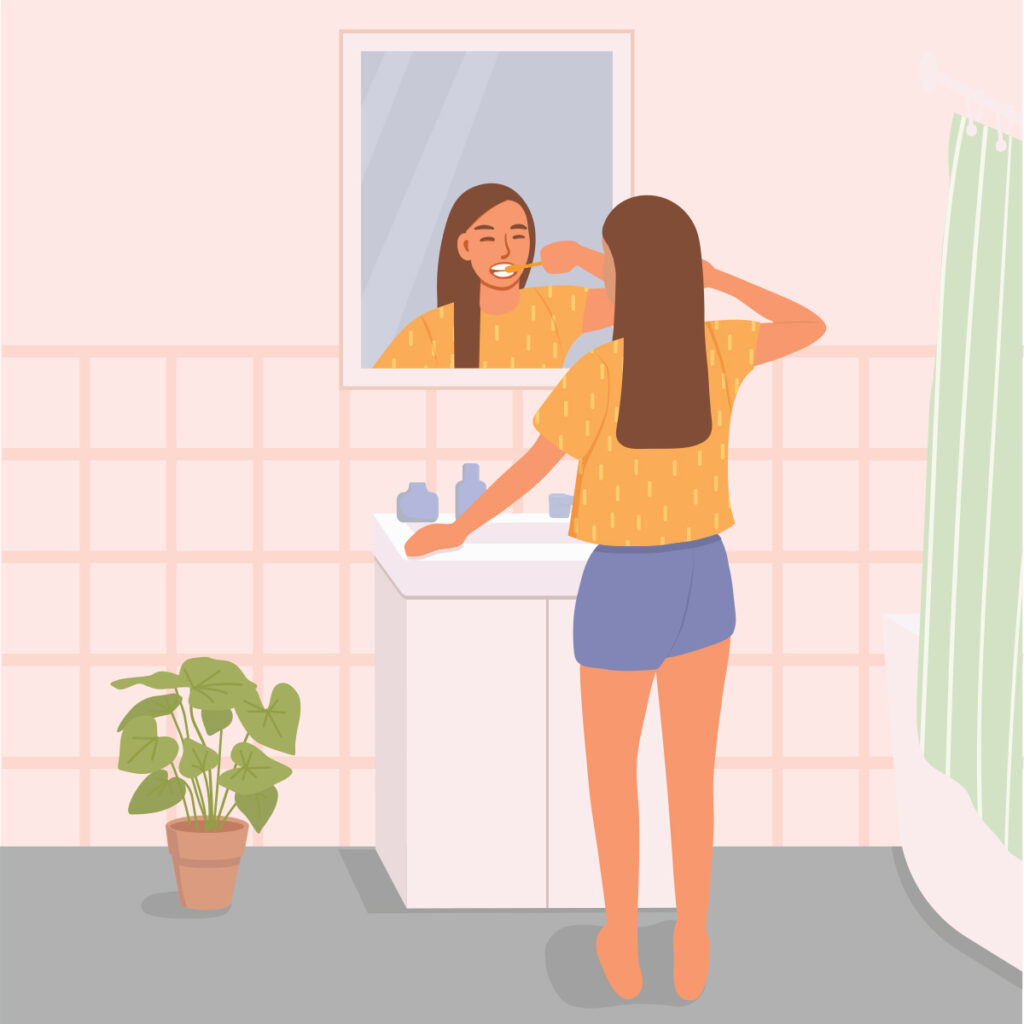You know the sensation. Sweaty palms, a beating heart, a racing mind… Anxiety is a terrible feeling. But once you’ve called this monster by its name, you’ve already begun to tame it.
• • •
Anxiety: A Good Thing Gone Wrong
Before you throw anxiety under the bus altogether, consider this: mental health professionals say a certain level of anxiety is actually beneficial to us. It’s designed to protect us from threats, motivate us to action, and even heighten our focus. When faced with an important decision or a difficult challenge, a moderate dose of anxiety is actually useful.
But what if you can’t turn it off? What if your nervous feelings begin to spiral out of control, interfering with your ability to lead a normal everyday life? Anxiety becomes a problem when it causes you to regularly suffer from feelings of panic, fear, and uneasiness. If you consistently struggle with worry and invasive thoughts, something else may be going on under the surface.
When Panic Strikes
While you may not be able to keep a wave of anxiety from hitting you, there are things you can do to cope when it does. The following tactics can help you ease anxiety in the moment.
Focus on the moment.
Often, anxiety occurs when we obsess over future events, most of which may never happen. Staying in the moment will keep you grounded. Center your attention on what’s immediately in front of you – whether that’s a person, a task, or even your physical surrounding.
Accept that you are anxious.
Notice the thoughts, physical sensations, and behaviors tied to your feelings of panic. Try to accept them for what they are – fighting them, discrediting them, dismissing them, or berating yourself for them, will only make your anxiety worse.
Focus on your breathing.
Take deep, slow breaths in and out. This simple act will reduce anxiety by activating the body’s relaxation response.
Practice meditation.
Meditation doesn’t have to be complex. It can simply be visualizing yourself somewhere calm and comfortable – a place you feel relaxed.
Talk yourself through it.
Be positive and realistic, and encourage yourself to make it through this tough time.
Gently question your thoughts.
By examining the evidence for your anxious thoughts, you can help put things into perspective. For example, if you’re about to give a big presentation and feel like you’ll die if anything goes wrong, ask yourself questions like ‘Is this worry realistic?’ and ‘What’s the worst that could happen?’
Finding Long-Term Solutions
If you think your anxiety may have crossed the line into an anxiety disorder, don’t wait to make an appointment with your general practitioner or a mental health professional. The Cleveland Clinic lays out the following tips to help decrease symptoms of ongoing anxiety.
Limit your caffeine and alcohol intake.
If you can, totally cut out caffeine, which can increase heart rate, and alcohol, which can make you feel on edge. Both can interfere with sleep.
Consult with your doctor.
Ask whether any medications you are taking (over-the-counter or prescription) may contain chemicals that increase symptoms of anxiety.
Consider prescription medication.
Antidepressants and anxiety-reducing medications can reduce the symptoms of anxiety disorders. Ask your doctor if these could be an option for you.
Eat healthy.
Be sure to eat balanced meals and incorporate complex carbohydrates into your diet, which are thought to increase the amount of serotonin (a natural chemical in your body that can have a calming effect) in your brain.
Exercise daily.
As little as five minutes of aerobic exercise can begin to stimulate anti-anxiety effects, according to the Anxiety and Depression Association of America.
Seek counseling.
and support. Anxiety disorders are often treated with therapy – either psychotherapy or cognitive-behavioral therapy.




